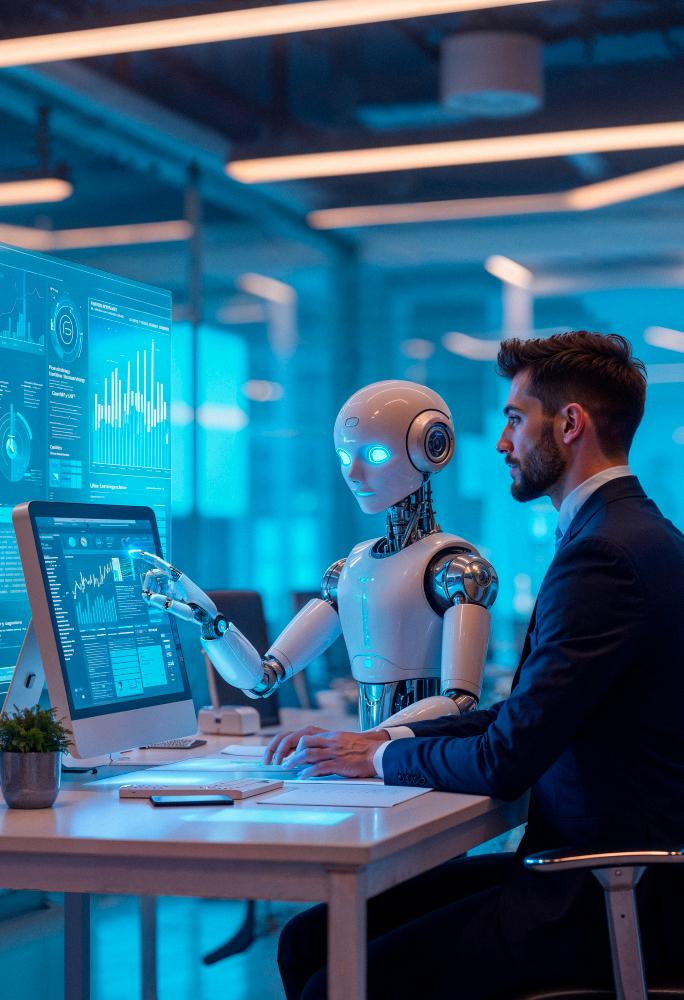Artificial Intelligence has already changed how we live and work, but the rise of AI agents development signals something much bigger the dawn of a new industrial revolution. Unlike traditional software or automation tools, AI agents are intelligent digital entities capable of reasoning, planning, and acting autonomously. They are not just assistants they are collaborators, decision-makers, and innovators.
What Are AI Agents?
AI agents are advanced AI systems designed to:
-
Perceive their environment through data inputs.
-
Decide on the best course of action.
-
Act toward achieving defined goals.
-
Learn from outcomes to improve over time.
This cycle of perception, decision, action, and learning makes them much more powerful than static automation tools.
Why AI Agents Are the Future of Work
We are entering an era where digital workers will handle a significant share of operations. AI agents can:
-
Manage repetitive and complex tasks.
-
Coordinate across multiple departments.
-
Operate around the clock without fatigue.
-
Adapt to changing priorities instantly.
In short, they provide businesses with speed, scalability, and intelligence at levels impossible for humans alone.
Key Use Cases Across Industries
1. Healthcare
AI agents can track patient progress, recommend treatments, and even predict medical emergencies before they occur.
2. Finance
They monitor market trends, optimize investments, and detect fraud faster than human teams.
3. Retail & E-commerce
Personalized shopping assistants help customers find products, answer questions, and manage logistics.
4. Education
AI tutors adapt to students’ learning styles, providing personalized feedback and progress tracking.
5. Enterprise Operations
Digital project managers oversee workflows, assign tasks, and ensure deadlines are met.
Benefits of AI Agent Development
-
Efficiency Gains – Eliminate manual, time-consuming tasks.
-
Enhanced Accuracy – Reduce human error in critical processes.
-
Scalability – Handle growing workloads without adding staff.
-
Cost Savings – Optimize operations and improve margins.
-
Innovation – Enable humans to focus on creativity and strategy.
Challenges Ahead
Despite the promise, AI agents are not without hurdles:
-
Ethical Issues: Decisions made by autonomous systems must be explainable.
-
Data Privacy: Sensitive information must be protected.
-
Integration: Legacy systems may struggle with AI adoption.
-
Trust: Businesses and consumers must feel confident relying on digital agents.
The Future: Human + AI Collaboration
The true power of AI agents will emerge in hybrid teams. Instead of replacing humans, they will complement them handling repetitive tasks while humans focus on empathy, creativity, and strategy.
In the future, we may see entire multi-agent ecosystems, where multiple AI agents interact with each other and humans to drive organizations forward.
Conclusion
AI agents represent more than a technological upgrade they are the foundation of a digital workforce that will reshape industries. Businesses that embrace AI agent development today will be best positioned to thrive in tomorrow’s hyper-intelligent economy.



